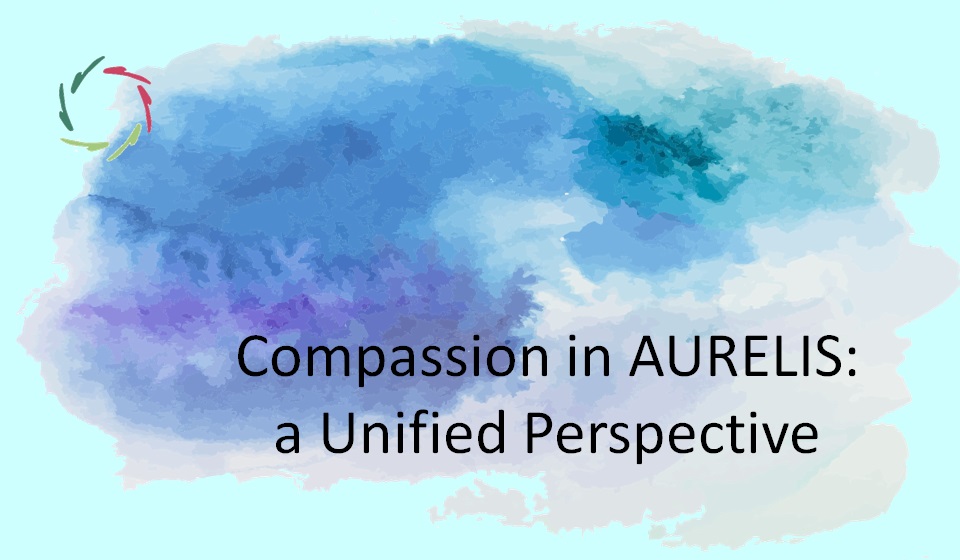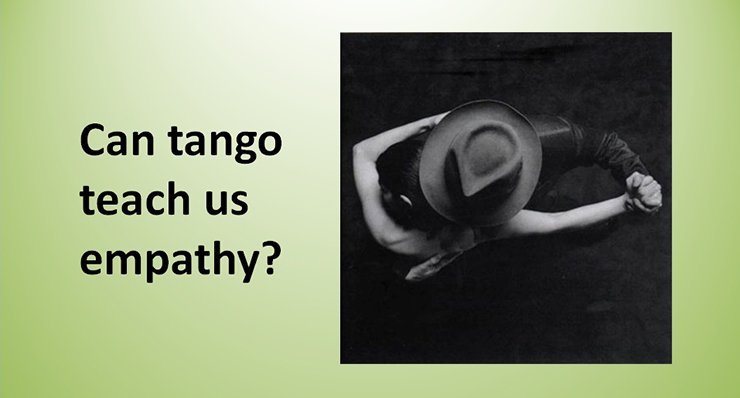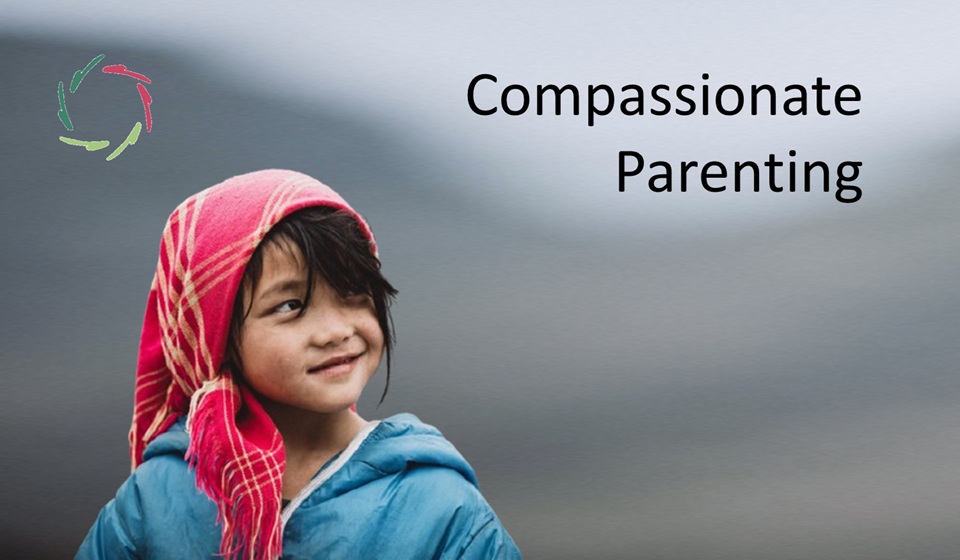Compassion in AURELIS: a Unified Perspective

Compassion in AURELIS is a profound, multi-dimensional concept that transcends mere empathy. This blog is a formalization in 12 points (key themes) as also used by Lisa at the core.
From the AURELIS perspective
Compassion is a deep, integrative force that promotes personal growth, relieves suffering, and fosters interconnectedness. It is a cornerstone of sustainable practices in healthcare, leadership, and beyond, ultimately leading to a more humane and resilient society. It also embodies the deep relatedness to others and ‘the divine,’ merging human depth with rational understanding.
Through cultivating Compassion, individuals and communities can achieve profound and lasting positive change.
The following is an enumeration of the key themes, not in order of importance.
Differentiation from pity
Compassion should not be mistaken for pity. While pity can stem from a sense of superiority, true compassion involves profound attention and respect for others, acknowledging their inherent worth and growth potential.
Human growth and relief of suffering
At its core, Compassion focuses on fostering human growth and alleviating suffering. These goals are profoundly interconnected, as relieving suffering in-depth enables deeper personal and collective growth. Personal growth is crucial because only through self-awareness and inner development can individuals fully practice Compassion.
Balancing head and heart
Rationality provides the clarity to see what needs to be done, while depth ensures that these actions are carried out with genuine empathy and understanding. This synthesis is crucial in Compassion for being both intellectually sound and deeply humane.
While being essential for personal growth, combining rationality and depth also enhances the connection between individuals. Rationality helps in communicating clearly and effectively, while depth fosters a genuine emotional and empathetic bond. This holistic combination ensures that Compassionate actions are not only well-informed and practical but also profoundly empathetic and connected to the deeper aspects of human existence.
Complex phenomenon
Compassion is intricately linked to empathy, art, and human depth. It involves a deep understanding and emotional resonance with others, often facilitated through cultural expressions like art and music.
Internal and external aspects
True compassion encompasses both internal and external dimensions. Internally, it requires a deep attention to one’s own feelings and growth. Externally, it involves actions that foster growth and connection in others, creating a cycle of mutual support and development.
Universal and cross-cultural nature
Compassion is a universal concept that bridges Eastern and Western perspectives. Both traditions emphasize the profound nature of Compassion and its importance in fostering a harmonious and interconnected world.
Beyond empathy in coaching and leadership
In coaching and leadership, Compassion goes beyond empathy. It involves a deep, attentive engagement with others, fostering their growth and potential through supportive and non-coercive means.
Sustainability in various sectors
Compassion is a key factor in achieving sustainability across various sectors, including healthcare, leadership, and education. By fostering a Compassionate approach, these fields can promote long-term well-being and resilience.
Special role in sustainable healthcare
Compassion plays a critical role in sustainable healthcare systems. By integrating compassion into healthcare practices, systems can become more humane, effective, and enduring, addressing both physical and emotional needs.
Subconceptual Processing
Compassion involves subconceptual processing, making it a complex and profound concept that goes beyond mere emotional response. This complexity should not be underestimated, especially in Compassionate practice.
Pattern Recognition
Compassion is central to bidirectional pattern recognition. When interacting with others, we unconsciously capture thousands of details and meaningful patterns, leading to a profound overlap of mental patterns. This deep connection enhances understanding and Compassionate actions.
Deep relatedness and spirituality
Compassion as a form of Open Religion emphasizes a deep connection to others and ‘the divine.’ This spiritual dimension underlines the interconnectedness of all beings and the importance of nurturing this bond through Compassionate actions.


